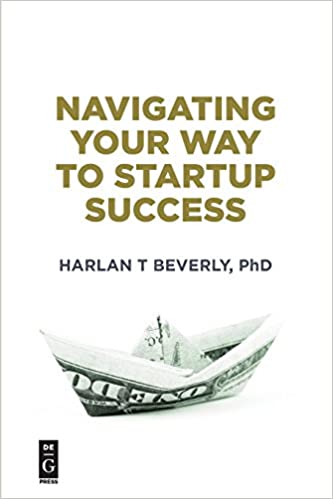
I have many Engineer friends, many of whom have a business or product idea which they come to me for advice on how or even if they should begin. I always counter with this first key question: Is it intended to be a Small Business or a Big Business. The answer is invariable, BIG, and sadly, the idea is usually SMALL. So why the disconnect? The reason is that a business needs to have certain criteria in order for it to ‘grow big’. If it fails one or all of these, your business will either ‘be small, like mom&pop store’ or ‘bust, because its not sustainable’. In fact MANY, MANY Small businesses fail because of competition. This recent article from Bank of America (someone who knows failed businesses), highlights the 7 most overrated businesses http://smallbusinessanswers.yahoo.com/overrated and is a good short read.
My criteria for a big business idea vs. a small one are simple.
1. It must be Scalable – This is the most important! If your business is “regional, only works in Colorado for example”, or requires excessive infrastructure (like a building in every region), or requires an excessive workforce (like door-to-door salesmen, or many thousands of workers per factory), than you have a SCALABILITY problem. This kind of problem CAN be overcome, but very rarely by Entrepreneurs… we get too bored with it! The classic example of “not scalable” is that of the ‘Gaming Cafe’, where people pay by the hour to place games. This is just not a scalable business. You need buildings, infrastructure, people (to manage it), and so on. The only way to make this not a mom&pop is to make it a franchise… [see link above about 7 overrated businesses].
2. It must create Barriers to Entry for Competition – this can be patent protection (not just patents, but ones that protect), a unique advantage (like having done it before), a unique/strong brand, or a significant ‘lead’ or ‘leap’ in technology.
3. It must be more than 1 Product – having only 1 product leads to inefficiencies in marketing, sales, and lots of other funcitons. If you can’t leverage your workforce for multiple products (even in the same family is ok), then you might be stuck with an idle, overpaid workforce.
4. It must not rely on 1 customer or partner – this one is just too risky. A business CAN be big with this but at great risk. And if a big business relies too heavily on 1 customer or partner, the risk will prevent growth.
I’m sure that there are other criteria, and I didn’t really define a Big Business Idea is… but that is intentional. I never judge folks who ask me for this advice. Most “Small Business Ideas” can turn big with enough effort and thought. Lets face it, usually it comes down to raising money! Either from investors or bankers, having the right business idea/business plan is key to getting that first dollar.
One final comment: some people SHOULD consider the Small Business route. Mom & pop style shops and the lifestyle that they can bring can be very rewarding! There is nothing wrong at all with that, its just a problem when people expect ‘big business’ and are faced with small.


